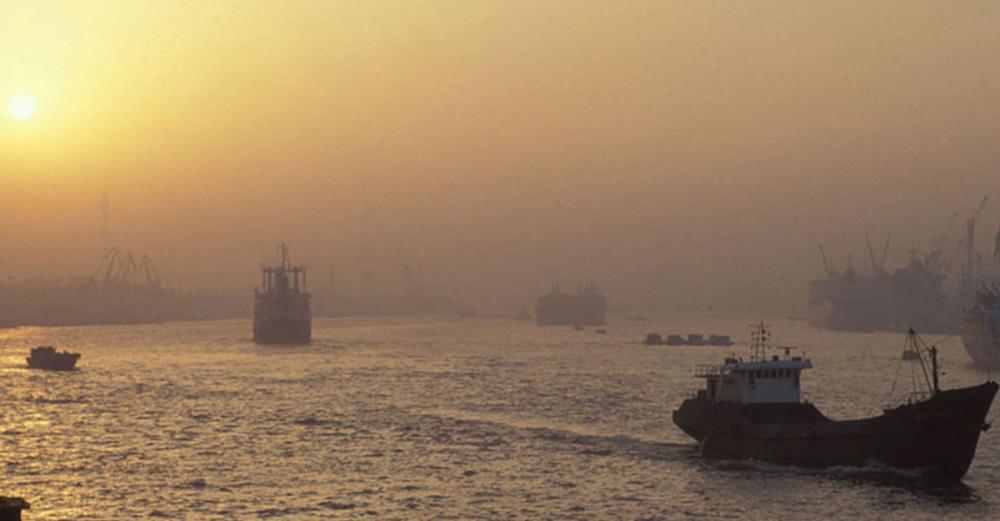Just Earth News | @justearthnews | 25 Mar 2020

New York : Action to reverse the depletion and degradation of the environment across Asia and the Pacific is a top priority if the region is to stay on course to meet the Sustainable Development Goals (SDGs), according to a new United Nations report launched online, for the first time, on Tuesday.
In the Asia and the Pacific SDG Progress Report 2020, the UN Economic and Social Commission for Asia and the Pacific (ESCAP) draws attention to the region’s poor performance on most of the measurable environmental targets of the 2030 Agenda for Sustainable Development, to determine where additional effort is needed and where momentum for future progress is building.
“Our analysis finds that the Asia-Pacific region has struggled the most with two Goals: advancing responsible consumption and production, and climate action”, observed UN Under-Secretary-General and ESCAP Executive Secretary Armida Salsiah Alisjahbana.
The flagship report sounded the alarm for the Asia-Pacific region to “urgently” foster sustainable resource usages, improve waste management, increase natural disaster resilience and enact policies to adapt to climate change impacts.
For example, the report reveals that the region emits half of the world’s total greenhouse gases which add to carbon emissions – a number which has doubled since 2000. Around 35 per cent of countries there continue to lose areas of forest, and the share of renewable energy has dropped to 16 per cent, one of the lowest rates globally.
A ray of light
On a positive note, many countries are showing remarkable progress on SDG 4 by improving the quality of education, as well as on SDG 7 - providing access to affordable and clean energy – making these two Goals well within reach.
And according to the report, the region is also making good progress on economic targets, although the data for report pre-dates the arrival of the coronavirus pandemic, which has caused a global economic slowdown.
It points out that in 2017, the real gross domestic product per capita growth in the region was more than double the world average, while at least 18 countries in the region were experiencing less income inequality.
Yet, to grow more sustainably and equitably, the current economic progress of the region must be aligned with human well-being and a healthy environment.
The report reveals that progress has been far too slow in areas such as SDG 5, gender equality, and SDG 11, building sustainable cities and communities.
Moreover, ESCAP warned that without concerted and extra efforts from all concerned, the region remains unlikely to meet any of the 17 SDGs by 2030.
“The region is not even moving in the right direction”, underscored Alisjahbana.
Progress has also been uneven across the five subregions of Central, East, South, Southeast and Western Asia.Asia-Pacific subregions
Singled out as areas where progress has been mixed, were SDG 10 to reduce inequalities; SDG 12 for responsible consumption and production; and SDG 16, which highlights the need for peace, justice and strong institutions.
However, steady improvement in electricity was a positive example of collective progress across the five subregions, particularly in rural areas.
Gathering data
While SDG data for each indicator has substantially increased in Asia and the Pacific -– from 25 per cent in 2017 to 42 per cent in 2020 -– it is still lacking in relation to half of the Global Goals indicators, especially those with slow progress. ESCAP flags that this highlights the urgent need to strengthen the policy-data nexus in the region.